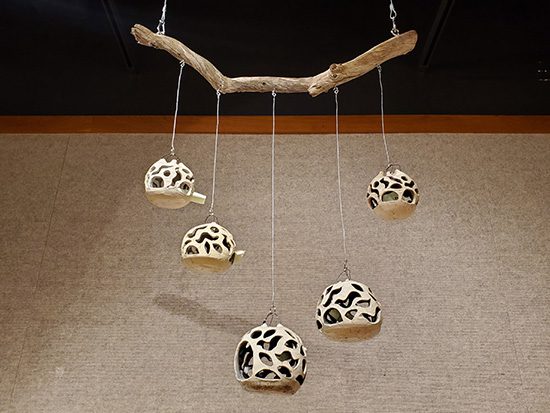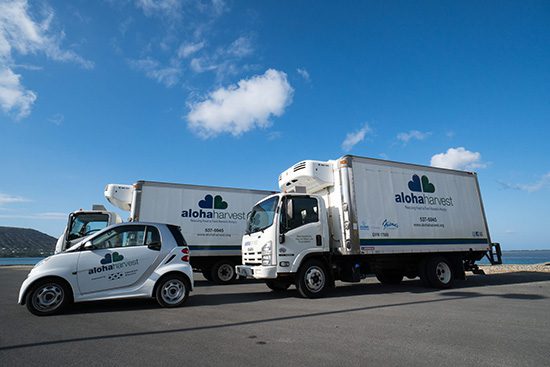
How environmental justice and political ecology can help us think about the protests at Mauna Kea, Kahuku, and Waimānalo?
People often ask me what anthropologists can contribute to discussions around sustainability.
We are used to hydrologists, conservation biologists or meteorologists doing the heavy lifting on sustainability and conservation. Their understanding of ecosystems and geological cycles are natural segues into understanding pollution and the degradation of the natural world.
However, as most of these problems are caused by the collective political, social, economic and cultural systems created by Homo sapiens, anthropological insights into these systems can also be particularly useful.
Here I want to discuss two theoretical perspectives that inform social scientific perspectives on sustainability: environmental justice and political ecology.
Environmental justice comes from the observation that the impacts of our current systems of resource use disproportionately harm low income communities of color. Our landfills, incinerators, power plants, ports, highways and other “necessary” evils of modern life are located in areas where people don’t have the political power to stop these developments.
On O‘ahu, Wai‘anae is home to our incinerator, landfill and coal and oil burning power plants. Not surprisingly, the other alternative for the landfill was Kahuku which is now receiving industrial wind turbines. Future locations for these turbines include Wai‘anae and Waimānalo.
A focus on environmental justice forces us to consider how the benefits and harms of different initiatives are distributed. Who will benefit from the Kahuku Wind Turbines or the Waimānalo Park? If it is not the local community, then what other political and economic processes are at work?
This brings us to political ecology. Political ecology draws our attention to the ways that environmental issues are often talked about in a scientific and managerial language of efficiency, savings and cost/benefits.
This scientific language often masks underlying political processes that shape and frame these conversations. When we say TMT protests are anti- or pro-science, we miss the point entirely.
The protests are about deep histories of colonialism and the erasure of Native Hawaiians’ right to self-governance and control of land and resources.
They also highlight how science is often implicated in the colonial process. Why do we value some ways of knowing over others? Who gets to decide what is built where? Are these processes fair or do they favor large corporations at the expense of local communities?
Anthropological insights into conservation can make things more complicated. Anthropology celebrates the messy complexity of human society.
Sometimes well meaning international conservation organizations can harm local communities as they work with corrupt local governments and extend state control into rural areas. Green energy like dams and windmills often have unintended consequences.
Environmental justice and political ecology perspectives remind us to pay attention to the distribution of power in our society and who gets to make decisions. They remind us that conservation and sustainability need to be fair, socially just and inclusive if they are to be successful.
At universities, we are familiar with shared governance models where we include everyone in the decision making process. It is not the most efficient way to get things done, but it does create a better process and better outcomes.
Environmental justice and political ecology perspectives remind us to pay attention to the distribution of power in our society and who gets to make decisions. They remind us that conservation and sustainability needs to be fair, socially just and inclusive if it is to be successful.
At universities, we are familiar with shared governance models where we include everyone in the decision making process. It is not the most efficient way to get things done, but it does create a better process and better outcomes.
by Christian Palmer, Special to Ka ‘Ohana





